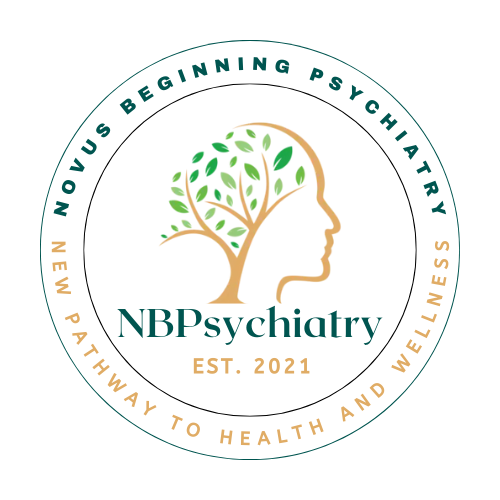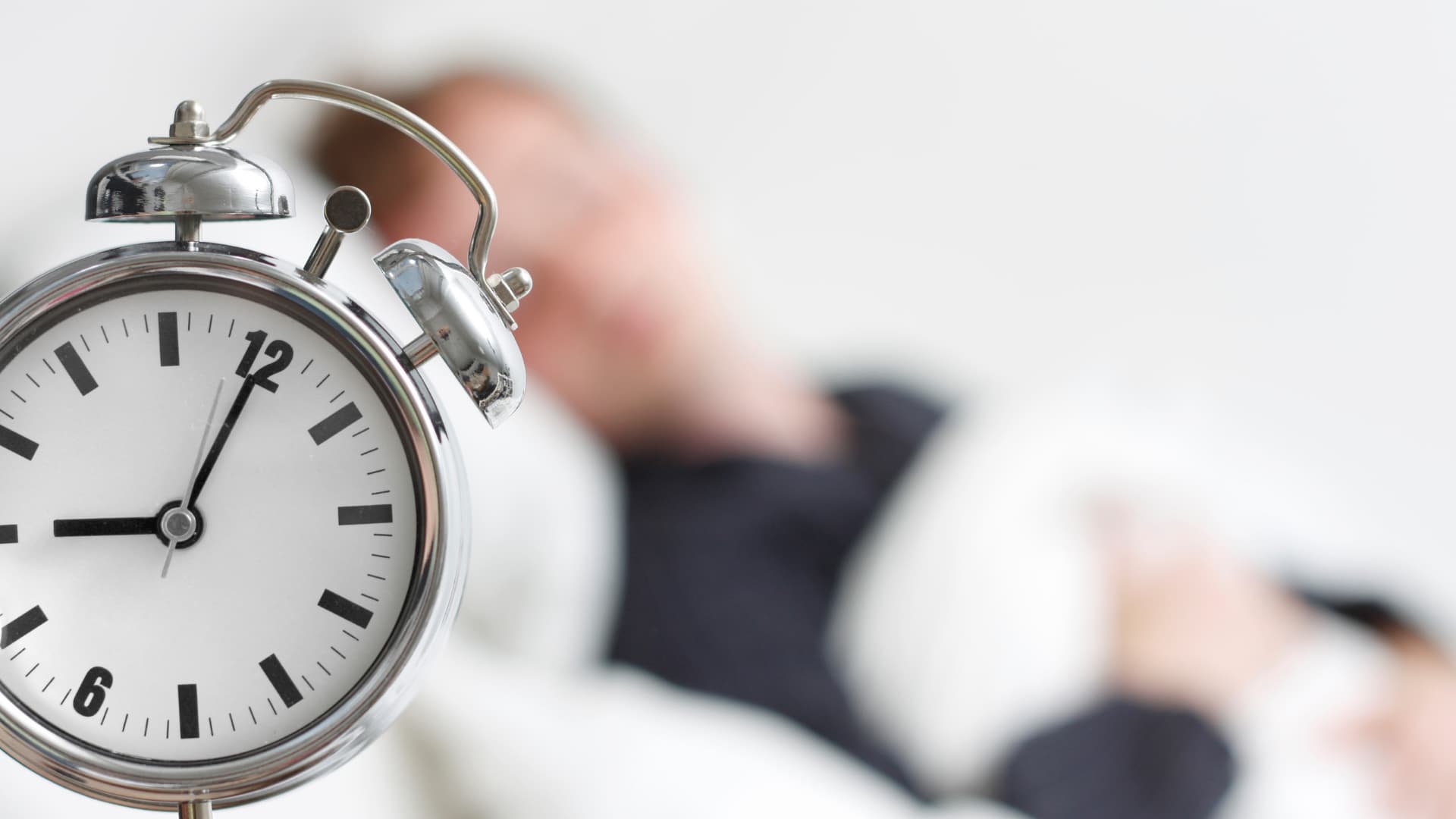Specific Mental Health Problems Linked to Sleep
Depression
In the past, people believed that depression caused sleeping problems. However, recent research shows that poor sleep can make depression worse or even cause it. This can create a harmful cycle where bad sleep makes depression worse, which in turn makes it harder to sleep. However, this also means that there are ways to treat depression by improving sleep.
Anxiety Disorder
Anxiety disorders are strongly associated with sleeping problems due to worry and fear, leading to hyperarousal and contributing to insomnia. PTSD can also cause adverse events replay, nightmares, and being on alert, all of which interfere with sleep. Poor sleep can activate anxiety in high-risk individuals, and chronic insomnia may be a predisposing trait for developing anxiety disorders.
Bipolar Disorder
In people with bipolar disorder, sleep patterns vary significantly based on their emotional state. During manic episodes, they tend to require less sleep, while during depressive episodes, they may sleep excessively. Sleep disruptions often persist even when a person is not experiencing an episode. There is also evidence that sleeping problems can trigger manic and depressive episodes.
ADHD
It is common for individuals with ADHD to experience difficulties falling asleep, waking up frequently, and feeling excessively tired during the day. In fact, studies show that people with ADHD are more likely to have other sleeping problems like obstructive sleep apnea or restless leg syndrome (RLS). While most research on ADHD and sleep focuses on children, it’s important to note that adults can also be affected.
Schizophrenia
Those who experience schizophrenia are more likely to have trouble sleeping and keeping a regular sleep schedule. Also, having poor sleep and symptoms of schizophrenia can make each other worse. That’s why it’s super important to stabilize and normalize sleep patterns to help manage symptoms.
How Is Mental Health Related to Sleep?
Research has shown that getting enough sleep can improve our emotional and mental well-being. During this stage, our brains process emotional information and evaluate and remember thoughts and memories, which can significantly impact our mood and emotional reactivity. However, a lack of sleep can interfere with our ability to consolidate positive emotional content, leading to an increased risk of mental health disorders such as anxiety and depression.
Additionally, sleep problems can be both a symptom and a cause of poor mental health. This challenges the traditional view that sleep problems are solely a symptom of mental health disorders and highlights the bidirectional relationship between sleep and mental health.
Sleep apnea is a condition where breathing stops during sleep, causing low oxygen levels and interrupted sleep. People with mental health issues are more likely to have this condition, which can make their physical health worse and increase their risk of mental distress. In conclusion, sleep is crucial for maintaining our physical and mental health.


